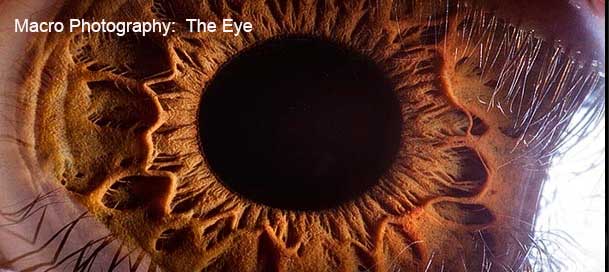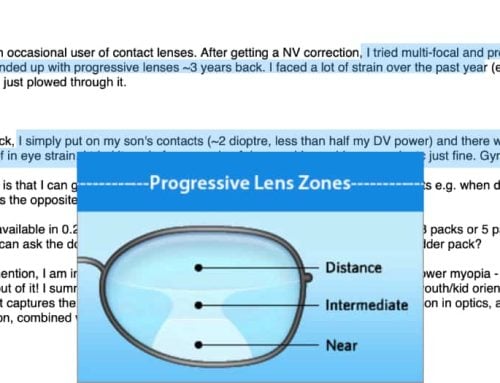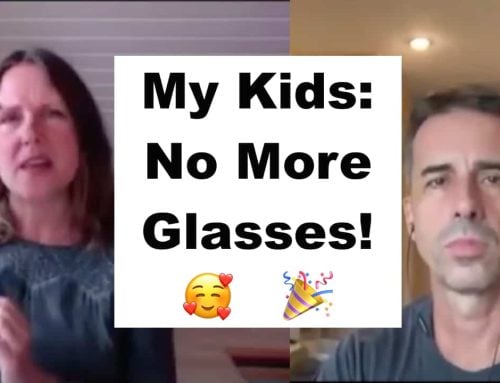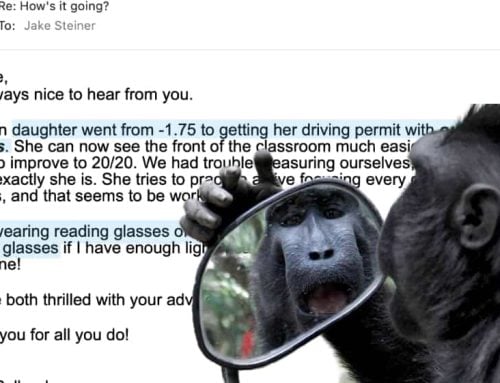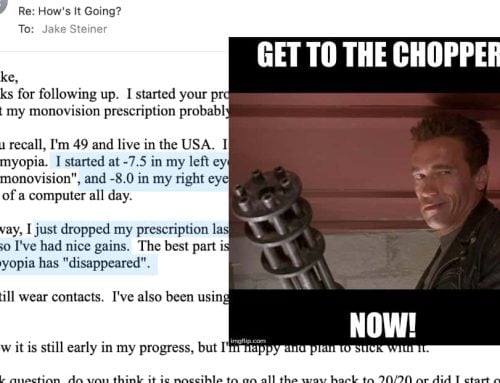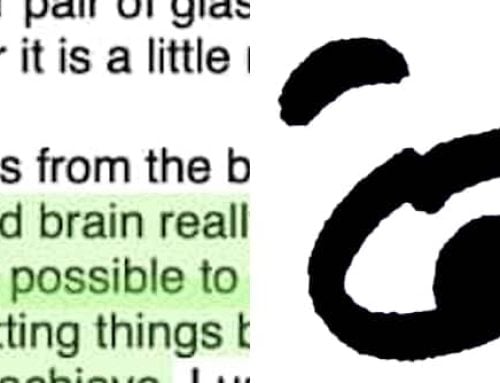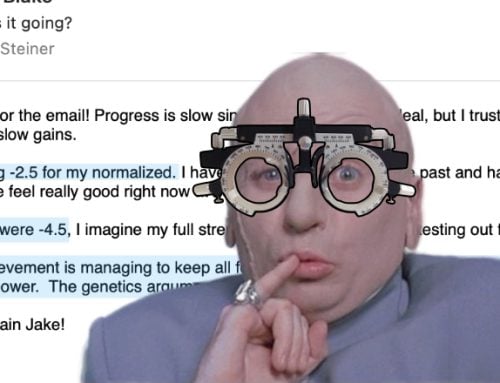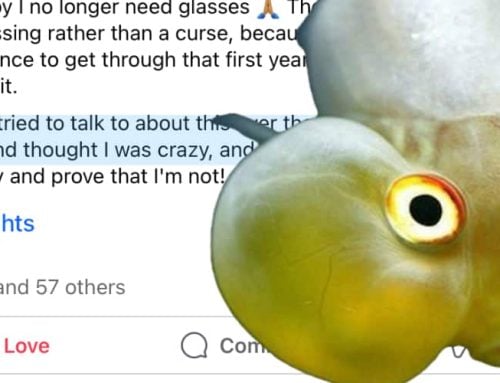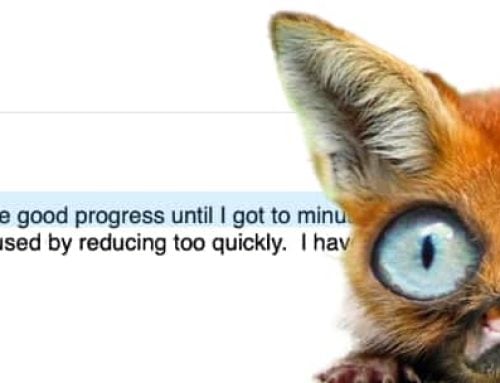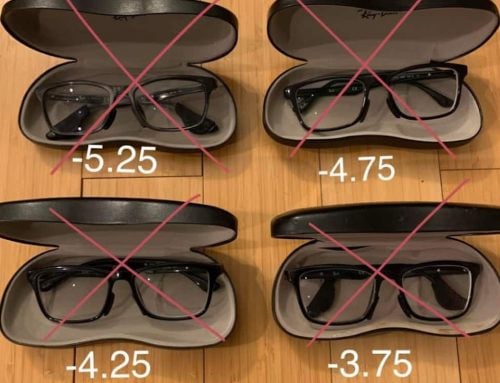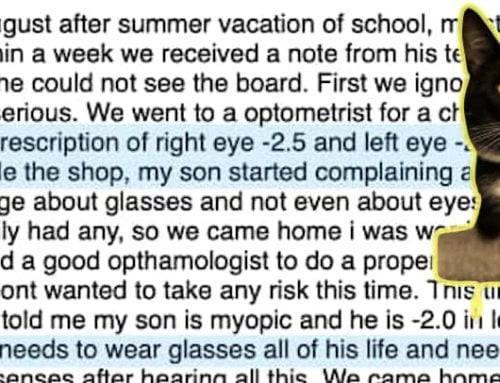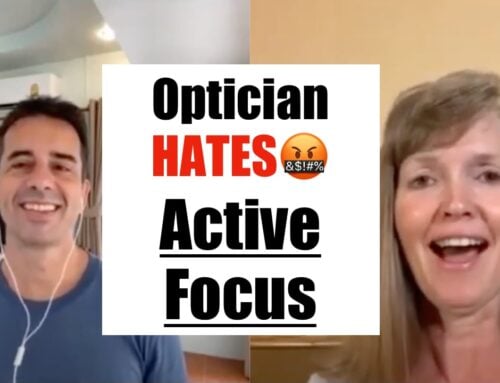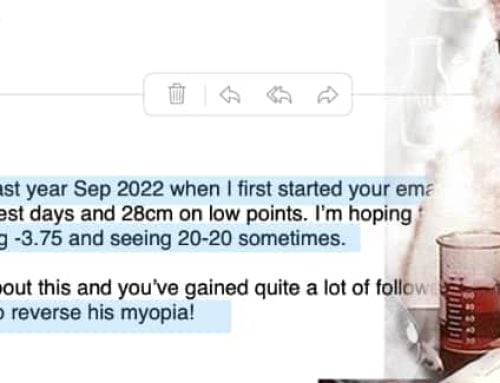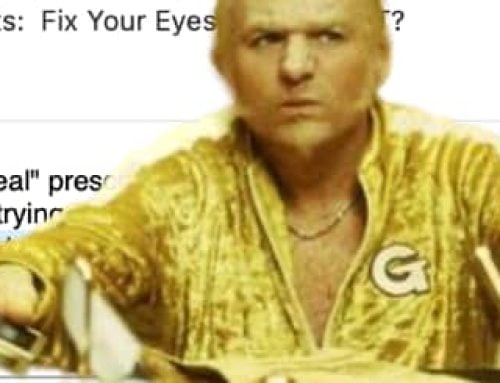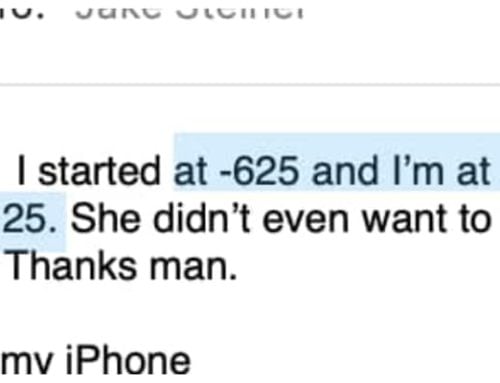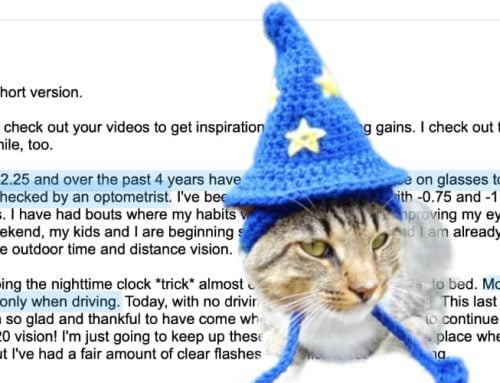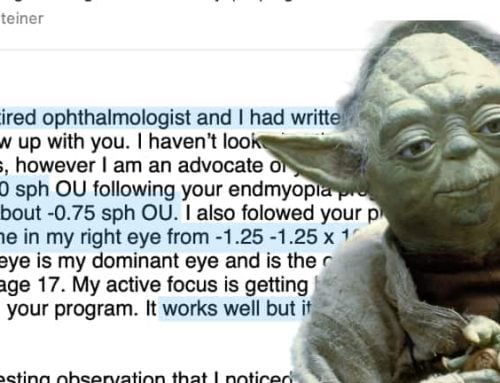Here, a guest post from Nathan (who you might know from occasional forum posts). I had asked him to write something for you, since his vocation is particularly well suited to the topic of myopia rehabilitation. Nathan is a pathologist, so he is used to applying knowledge of the human body to logically analyzing the subjects we look at here in the blog (and the course, obviously).
—
First, I’d like to thank Jake for the opportunity to write a guest post on his blog. Hopefully I have some insights that might be of use.
I’m a pathologist-a medical doctor that specializes in diseases and disease processes. I’ve also had myopia since about the third grade.
I still remember the day I was told I might be nearsighted-caught on school screening, when I couldn’t read the last line on the snellen chart. Little did I know how much worse my vision would become. I hated glasses from the beginning, and in junior high I switched to contact lenses. I found contacts much better, but I really didn’t like them either. The years went by, and I attended the university, and then medical school, followed by years of residency (essentially advanced medical training). And my vision became worse the entire time. My final and worst prescription was -6.75.
Finally, about three years ago I decided to get Lasix surgery-and finally be rid of my glasses. I paid my fee, did all of my preoperative preparation with an optometrist, and finally went to have the surgery with a specialist opthamologist. At the last minute, when I was sedated, and in the operating room chair, the opthamologist came in and told me that he wouldn’t operate. He said something about my cornea not being the optimal shape-and he said that since I was a pathologist he had to be extra careful-if there were any complications it could ruin my career.
I was disappointed in not finally resolving my myopia, but thankful that the surgeon didn’t take any risks with my vision. I resolved myself to living the rest of my life with glasses or contacts.
Then, while doing research on a completely different topic, I stumbled on Todd Becker’s excellent blog, gettingstronger.org. The blog deals with using stress to gain strength. One of the topics that he addresses is myopia rehabilitation.
Up until that point, I had no idea that myopia rehabilitation was possible. But as I read his article and contemplated the points, I realized that it must be possible.
The human body is adaptable. In fact, all biological systems are adaptable, through feedback mechanisms. You could even call that one of the definitions of life. Every system in the body responds to environmental conditions, and adapts to stress. The brain, heart, lungs, digestive system, bones, muscles, skin, endocrine system, all respond to stress. The eyes must also.
The most effective stress for change is applied at the “margin of capability”. In other words, if you want to build muscle, you need to lift weights at the edge of your ability to lift. Too little, and the muscle isn’t challenged. Too much, and you can’t lift the weight. The same goes for all the other systems-the stress should be just right.
All of a sudden, concepts like “blur horizon”, and “active focus”, just made sense. It is applying stress at the point most likely to cause an adaptation!
I started with a prescription of -6.75 diopters (and some small amount of astigmatism). For the first 2 years, I did the work all by myself, with just some organizing principles. After two years, I went back to the optometrist. My prescription was -4.75. For the first time in my life, my eyes has improved!! And this, in spite of having made many mistakes.
Shortly after that, I discovered Jake’s website. While I already was familiar with the basic principles, I found that the specific application of his principles was very helpful. I guess that comes from many years of practical application.

